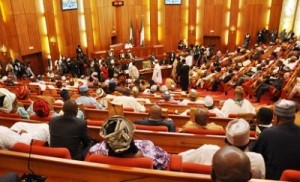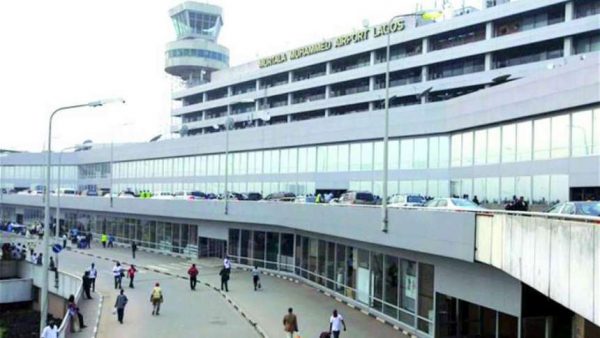Understanding The PIB

Following the decision of the National Assembly to redraft and pass the age-long Petroleum Industry Bill (PIB), there is hope for other numerous maritime bills to be reviewed, restructured and passed into law soon, but what does the PIB stand for?
PIB is a bill that, when passed as an Act, becomes the master reference law that governs the Nigerian petroleum industry – from the upstream division (exploratory, development and production activities) through the midstream (gas processing) to downstream (servicing, refining, distribution, transportation, marketing/retailing).
The idea of the Petroleum Industry Bill popularly called the PIB began in 2007 following the recommendations of a Presidential Committee set up to carry out oil and gas sector reforms in Nigeria. The reforms were expected to form the nucleus of Nigeria’s aspiration to become one of the most industrialized nations in the world by the year 2020. PIB has always been said to be in the offing, yet the bill has lasted for almost ten years.
The bill boasts several advantages which include; to create a conducive business environment for petroleum operations, enhance exploitation and exploration of petroleum resources in Nigeria for the benefit of Nigerians, optimize domestic gas supplies, encourage investment in Nigerian petroleum industry, optimize government revenue, establish profit-driven oil entities, deregulate and liberalize the downstream petroleum sector, create efficient and effective regulatory agencies, promote the development of Nigerian content in the oil industry, etc.
However, the PIB vests ownership and management of all petroleum resources, offshore or onshore, in the Federal Government of Nigeria and this section is one that is frowned at by those from the oil rich Niger-Delta region. Although the provisions of the bill includes a Host Community Fund which is revenue allocated to the host community, several pundits have posited that this Host Community Fund may quickly become a conduit pipe for Community leaders to siphon public funds.
Another major issue which makes PIB pose a great threat to the economy of the nation is the possibility of International Oil Companies (IOCs) leaving the country. Since PIB is geared towards indigenization, several international companies may have to leave the nation and the damages with regards the number of job loss, will be massive. It should also be noted that Shell and Chevron, two of the nation’s leading global oil companies have downsized recently.
While there is no doubt that Nigeria as an oil rich nation needs to realize this lofty dream that the PIB brings to the fore, the bill would also have to be reviewed, restructured or formulated again to meet the more recent dynamics of the polity and the sector.
As the House of Assembly begins the giant task of reviewing the PIB, the oil and gas sector should be reassured of the imminent re-positioning for greater efficiency, openness, and competition built on corporate governance as obtained in other resource-rich nations if the PIB is done properly. However, the success may come at a cost.
It is also important that other maritime bills before the National Assembly which include the Ports & Harbour Bill, the Chartered Institute of Shipping of Nigeria Bill, the National Transport Commission Bill, the Bill establishing the Economic Regulator (shipping sector), the National Inland Waterways Authority Bill, the Maritime Security Agency Bill, Nigeria Railway Bill, the Maritime Zones Bill, etc. are reviewed promptly.
It is a good thing that the National Assembly has picked the Petroleum Industry Bill. The question one may ask is; which bill is next? Which is the most important? They all are. Nigeria would need these pertinent bills to become laws in order to drive the maritime sector and the nation at large, to the altitude. Law is always critical to any reform or transformation process.
By Kenneth Jukpor







